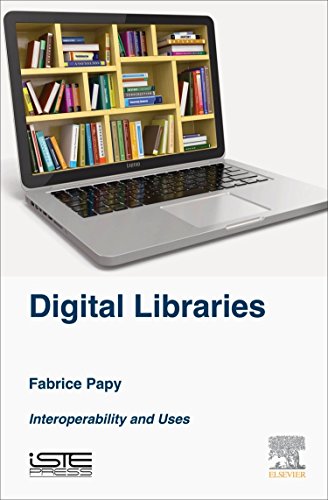

Most ebook files are in PDF format, so you can easily read them using various software such as Foxit Reader or directly on the Google Chrome browser.
Some ebook files are released by publishers in other formats such as .awz, .mobi, .epub, .fb2, etc. You may need to install specific software to read these formats on mobile/PC, such as Calibre.
Please read the tutorial at this link: https://ebookbell.com/faq
We offer FREE conversion to the popular formats you request; however, this may take some time. Therefore, right after payment, please email us, and we will try to provide the service as quickly as possible.
For some exceptional file formats or broken links (if any), please refrain from opening any disputes. Instead, email us first, and we will try to assist within a maximum of 6 hours.
EbookBell Team

0.0
0 reviewshe technological interoperability of digital libraries must be rethought in order to adapt to new uses and networks. Informative digital environments aimed at responding to heritage, cultural, scientific or commercial demands have taken over the global cyberspace and have redesigned the techno-informative landscape of the Web. However, while the technological models demonstrate their effectiveness and explain to a large extent the creation of digital libraries, archives and deposits, the subjacent concept of uses continues to cause debate.
The information technologies used by heterogeneous digital libraries enable a technical interoperability of content. This is not enough to allow the adhesion of a public connected to very different information profiles and techniques. This book explores the avenues of a user-orientated interoperability where the questions of consultation interfaces and content description processes are studied.